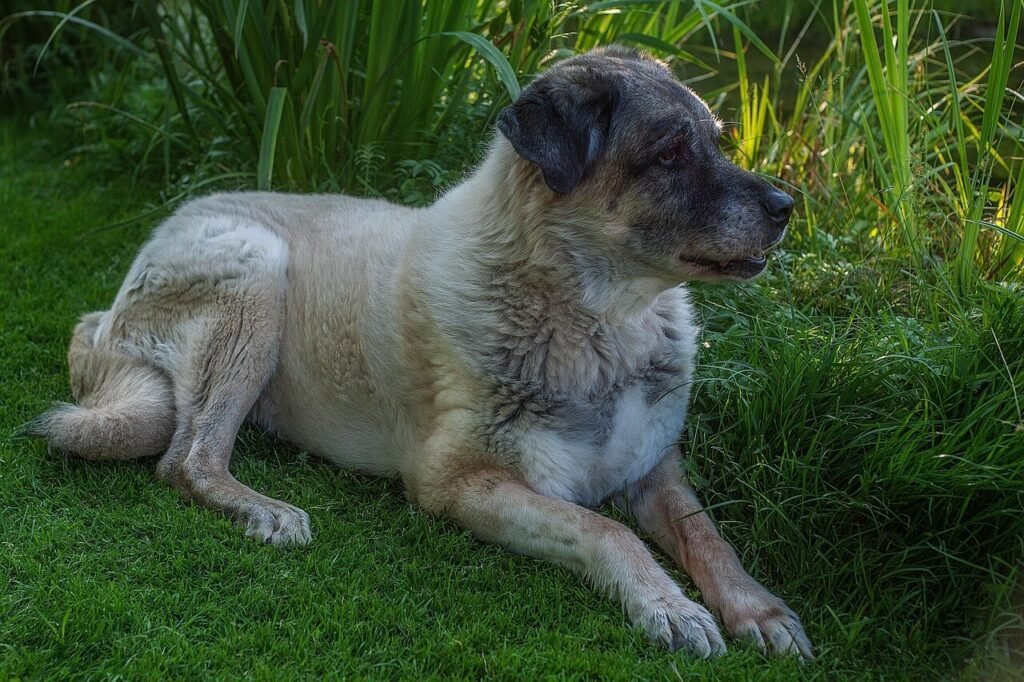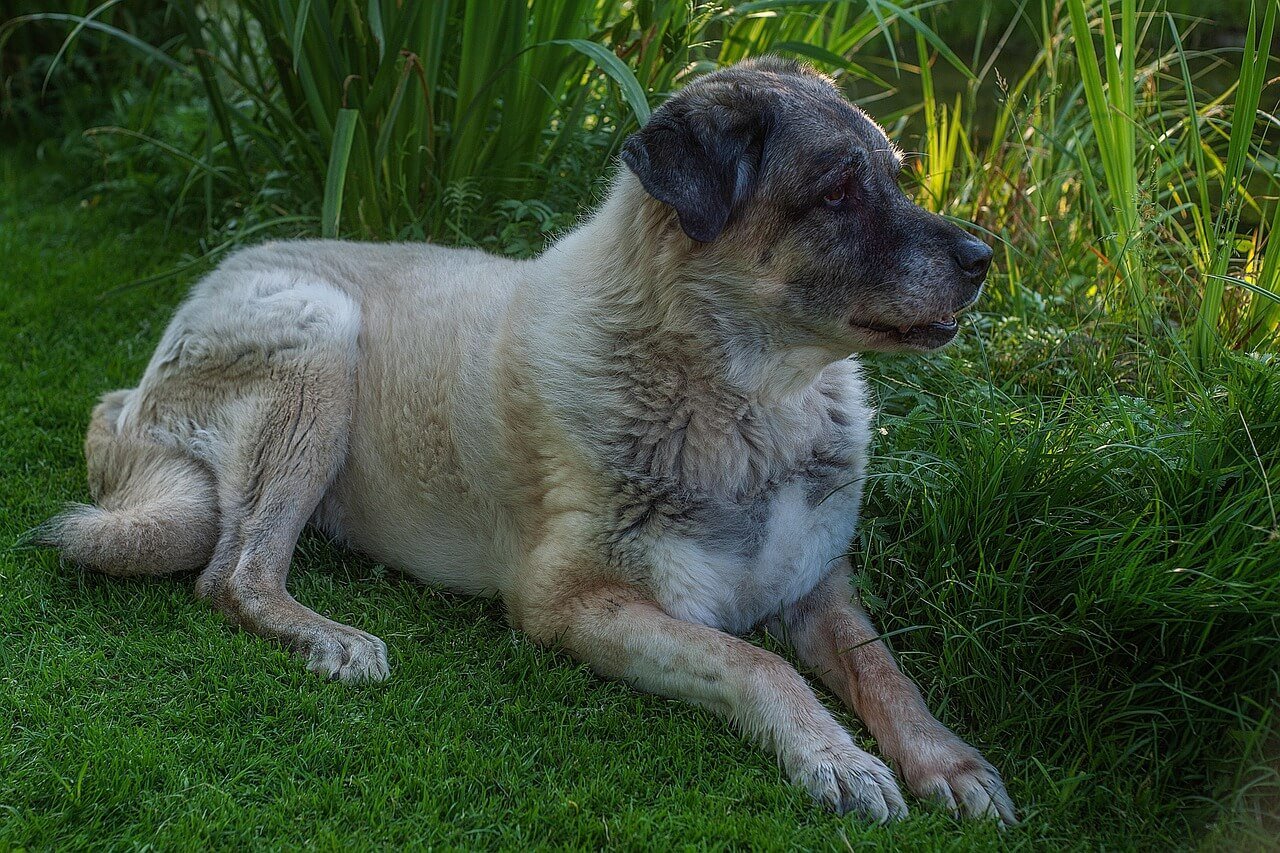Understanding Dog Coughing and Sneezing: What Every Pet Owner Should Know
As a dog owner, few things are more concerning than seeing your furry friend uncomfortable or unwell. One of the most common signs that something might be off is when your dog starts coughing or sneezing. While these symptoms can sometimes be harmless and temporary, they may also indicate an underlying health issue that requires attention. In this blog post, we’ll explore everything you need to know about dog coughing and sneezing, from potential causes to effective remedies. By the end of this article, you’ll feel more confident in identifying whether your pup’s symptoms are cause for concern or just a minor hiccup in their day.
Common Causes of Dog Coughing and Sneezing
When it comes to understanding why your dog might be coughing or sneezing, there are several potential culprits. Below, we’ve outlined some of the most frequent causes to help you narrow down what might be affecting your pet:
Allergies
Just like humans, dogs can suffer from allergies triggered by pollen, dust, or certain foods. These allergens can irritate their respiratory system, leading to sneezing or coughing fits.Kennel Cough
This highly contagious respiratory infection is often characterized by a persistent, hacking cough. It spreads easily in places where dogs gather, such as kennels or dog parks.Foreign Objects
Sometimes, small objects like grass seeds or bits of food can get lodged in a dog’s nasal passages or throat, causing irritation and triggering sneezes or coughs.Respiratory Infections
Bacterial or viral infections can affect your dog’s lungs and airways, resulting in symptoms like sneezing, coughing, and even difficulty breathing.Heartworm Disease
A serious condition caused by parasitic worms, heartworm disease can lead to chronic coughing as the worms interfere with your dog’s cardiovascular system.
If your dog exhibits any of these symptoms, it’s essential to monitor their behavior closely. Persistent or worsening symptoms should always prompt a visit to the veterinarian.
Signs That Your Dog Needs Immediate Veterinary Attention
While occasional sneezing or mild coughing isn’t necessarily alarming, certain signs indicate that your dog requires urgent care. Here’s what to look out for:
Difficulty Breathing
Labored breathing or rapid panting could signal a severe respiratory issue or heart problem that needs immediate attention.Nasal Discharge
If your dog has thick, yellow, or bloody discharge coming from their nose, it may point to an infection or injury requiring medical treatment.Lethargy and Loss of Appetite
When combined with sneezing or coughing, lethargy and refusal to eat can suggest a systemic illness that demands professional diagnosis.Fever
A high body temperature accompanying respiratory symptoms is a red flag that your dog’s immune system is fighting something serious.Blue Gums or Tongue
This discoloration indicates a lack of oxygen and is a critical sign that your dog needs emergency veterinary care.
If you notice any of these warning signs, don’t delay—contact your vet right away. Early intervention can make all the difference in ensuring your dog recovers fully.
Check this guide 👉Understanding Dog Reverse Sneezing at Night: Best 7 Tips!
Check this guide 👉Why Will My Dog Not Stop Sneezing? 7 Best Expert Tips!

Symptoms to Watch For | Possible Underlying Conditions |
|---|---|
Persistent dry cough | Kennel cough, heartworm disease |
Sneezing with nasal discharge | Allergies, sinus infection |
Wheezing or labored breathing | Asthma, pneumonia |
Coughing after exercise | Collapsing trachea, heart issues |
Reverse sneezing episodes | Irritated throat, environmental irritants |
Preventive Measures to Keep Your Dog Healthy
Taking proactive steps to protect your dog’s respiratory health can go a long way in preventing coughing and sneezing episodes. Consider implementing the following strategies:
Vaccinations
Ensure your dog stays up-to-date on vaccinations, including those for kennel cough and other infectious diseases.Regular Check-Ups
Schedule routine visits to the vet to catch any health issues early before they escalate into bigger problems.Clean Environment
Keep your home free of dust, mold, and strong chemical odors that could irritate your dog’s respiratory system.Avoid Overexertion
Be mindful of how much physical activity your dog engages in, especially if they have pre-existing respiratory conditions.Heartworm Prevention
Use monthly preventatives recommended by your vet to shield your dog from heartworm disease, which can cause chronic coughing.
By adopting these preventive measures, you can significantly reduce the risk of your dog experiencing respiratory distress.
Home Remedies for Mild Symptoms
For minor cases of sneezing or coughing, there are simple home remedies you can try to alleviate your dog’s discomfort. However, always consult your vet before trying new treatments:
Hydration
Encourage your dog to drink plenty of water to keep their throat moist and ease mild coughing.Humidifier
Using a humidifier in your home can add moisture to the air, helping soothe irritated nasal passages.Gentle Massage
Lightly massaging your dog’s chest can provide comfort and potentially loosen mucus buildup.Honey (in moderation)
A small amount of honey mixed with water can act as a natural cough suppressant due to its soothing properties.Rest and Relaxation
Allow your dog ample time to rest and recover without overstimulation or strenuous activities.
Remember, while these remedies can offer relief for mild symptoms, they’re not substitutes for professional veterinary care if the condition persists.
Environmental Factors Contributing to Dog Coughing and Sneezing
Your dog’s environment plays a significant role in their respiratory health. Certain factors can trigger or worsen coughing and sneezing episodes, especially in sensitive dogs. Below are some environmental elements to consider:
Air Pollution
Smoke, exhaust fumes, and industrial pollutants can irritate your dog’s airways and lead to persistent sneezing or coughing.Strong Scents
Perfumes, cleaning products, and air fresheners may overwhelm your dog’s sensitive nose and cause respiratory discomfort.Seasonal Changes
Cold, dry air in winter or high pollen levels in spring can exacerbate respiratory symptoms in susceptible dogs.Dust and Dander
Poorly ventilated spaces with excessive dust or pet dander can contribute to chronic sneezing or wheezing.Secondhand Smoke
Exposure to cigarette smoke is harmful to dogs and can lead to long-term respiratory issues.
By identifying and minimizing exposure to these environmental triggers, you can help protect your dog’s respiratory system and reduce the likelihood of symptoms.
Nutritional Support for Respiratory Health
A balanced diet not only supports your dog’s overall well-being but can also play a role in maintaining healthy respiratory function. Here are some dietary considerations that may benefit your dog’s respiratory health:
Omega-3 Fatty Acids
Found in fish oil, omega-3s have anti-inflammatory properties that can help reduce irritation in the airways.Antioxidant-Rich Foods
Blueberries, spinach, and other antioxidant-rich foods can boost your dog’s immune system and support lung health.Hydration Through Diet
Adding moisture-rich foods like cucumbers or watermelon to your dog’s meals can promote hydration and soothe dry throats.Probiotics
A healthy gut microbiome supports the immune system, which can indirectly improve your dog’s ability to fight respiratory infections.Avoiding Processed Foods
Highly processed dog food may contain additives that could irritate your dog’s system, so opt for natural, wholesome ingredients whenever possible.
Incorporating these nutritional strategies into your dog’s diet can complement other preventive measures and promote long-term respiratory health.
Behavioral Signs That Accompany Respiratory Issues
Sometimes, recognizing behavioral changes in your dog can provide valuable clues about their respiratory health. These signs often accompany coughing and sneezing and should not be overlooked. Here’s what to watch for:
Restlessness at Night
If your dog seems unable to settle down or sleeps less soundly than usual, it could indicate breathing difficulties.Excessive Pawing at the Face
This behavior might suggest nasal irritation or the presence of a foreign object causing discomfort.Reduced Playfulness
A sudden lack of interest in activities they once enjoyed can signal fatigue or discomfort due to respiratory issues.Coughing During Meals
Frequent coughing while eating may point to throat irritation or a more serious condition like megaesophagus.Increased Panting Indoors
Excessive panting without physical exertion could be a sign of labored breathing or stress related to respiratory distress.
Paying attention to these behavioral cues can help you detect problems early and seek timely veterinary care, ensuring your dog remains happy and healthy.
Frequently Asked Questions About Dog Coughing and Sneezing
Is it normal for my dog to sneeze occasionally?
Yes, occasional sneezing is usually harmless and can occur due to dust or excitement. However, frequent sneezing warrants further investigation.
Can I give my dog human cough medicine?
No, human medications can be toxic to dogs. Always consult your vet before administering any medication.
How do I know if my dog has kennel cough?
Kennel cough typically presents as a dry, honking cough and may include retching. It’s highly contagious, so isolate your dog and seek veterinary advice.
Are certain breeds more prone to respiratory issues?
Yes, brachycephalic breeds like pugs and bulldogs are more susceptible to breathing difficulties due to their shorter snouts.
What should I do if my dog starts coughing at night?
Monitor the frequency and severity of the cough. If it continues or worsens, schedule a vet appointment promptly.
Final Thoughts: Prioritizing Your Dog’s Respiratory Health
Caring for a dog involves being attentive to changes in their behavior and health. Whether it’s a bout of sneezing or a persistent cough, recognizing the signs early can save your pet from unnecessary suffering. Remember, prevention is key—maintaining a clean environment, staying current on vaccinations, and providing regular vet check-ups will keep your dog happy and healthy. If you ever feel unsure about your dog’s symptoms, trust your instincts and reach out to a professional. After all, our canine companions rely on us to advocate for their well-being, and there’s no greater reward than seeing them thrive under our care.
Kintamani German Shepherd Mix: Best 7 Expert Tips! – Discover the perfect blend of loyalty, intelligence, and agility with this unique hybrid breed.
Kintamani Doberman Mix: Best 7 Expert Tips! – Discover the perfect blend of loyalty, strength, and spirit in this unique hybrid. Learn care, training, and health tips now!
Kintamani Rottweiler Mix: Best 7 Expert Tips! – Discover the perfect blend of loyalty, strength, and spirit with this unique hybrid companion.
Kintamani Chow Chow Mix: Best 7 Expert Tips! – Discover the perfect blend of loyalty and independence with this unique hybrid. Learn care, training, and health tips now!





